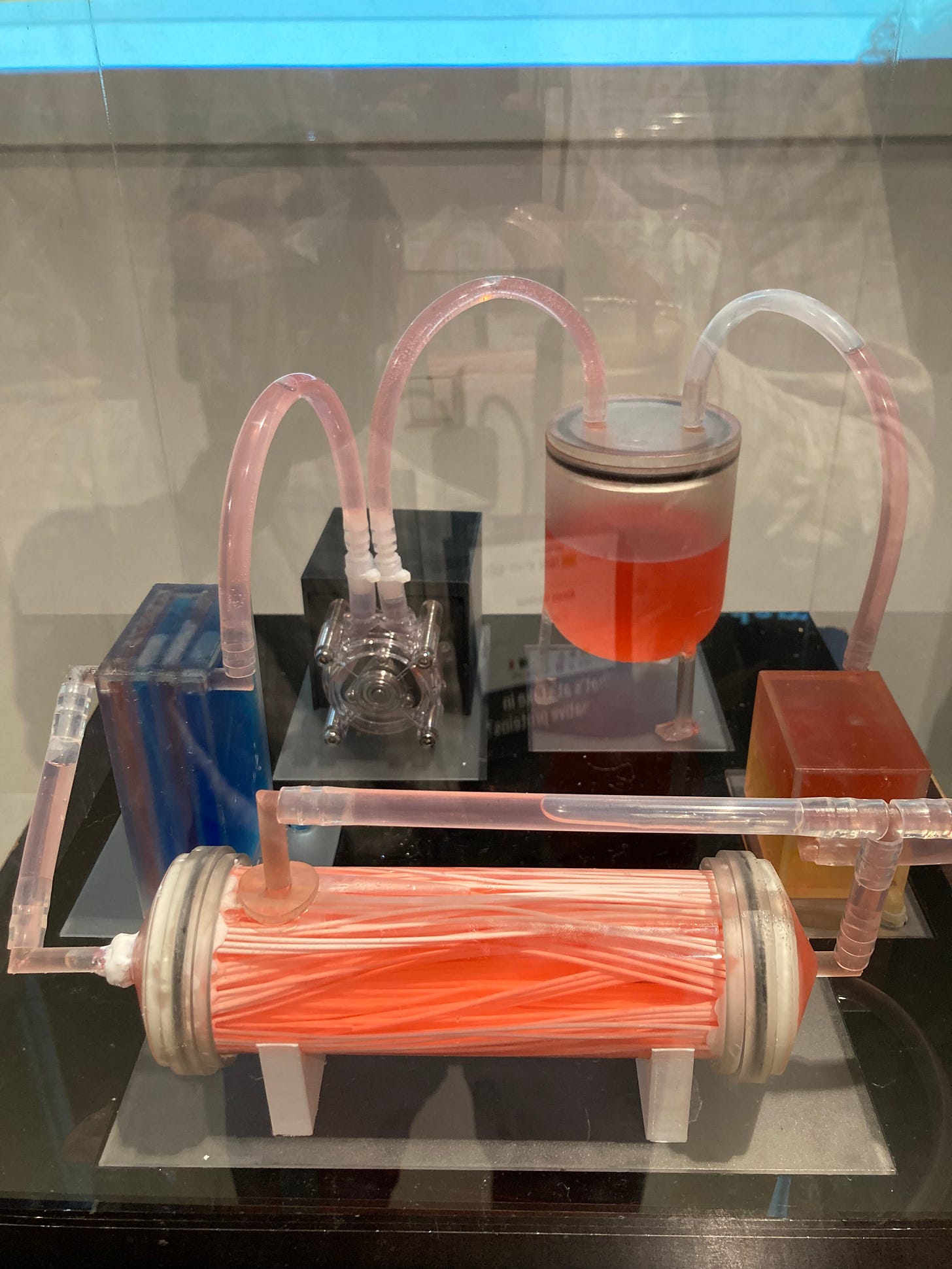In September 2022, I found myself standing inside the futuristic NEMO Science Museum in Amsterdam, speaking at what felt like the dawn of a new era. It was the first major international gathering dedicated entirely to lab-grown meat. The room buzzed with energy—researchers, investors, passionate activists, and curious chefs like me, all brought together by a single, powerful vision: to change the future of animals on this planet.
As I looked around, I was struck by how diverse and driven this community was. Some were perfecting the skin of a chicken breast so crisp it could rival anything from a rotisserie. Others were deep in the science of stem-cell fat—rich, flavorful, essential for turning plant-based blends into something truly carnivorous in taste. I spoke that day not to instruct, but to inspire. My message was simple: “We’re ready. We chefs are hungry for your work. And when the time comes, we’ll be first in line to use these creations in our kitchens.”
And that time? It’s coming fast.
Just a couple years after that gathering, I watched with real excitement as France, of all countries, began rethinking its most controversial delicacy: foie gras (I have tried the cultured meat one and it tasted just like the real thing- as far as I can remember!) A Parisian startup called Gourmey submitted the first-ever EU application for cultivated foie gras in mid-2024. As a chef who has long admired the technique and taste of foie gras—but wrestled with the cruelty behind it—I was blown away.
Using a duck stem cell line, Gourmey has replicated the taste and silky texture without force-feeding a single bird. This is not a vegan alternative. It’s real foie gras, made from duck cells, but with none of the suffering. It felt like a kind of culinary justice. France embracing this shift is no small thing—it’s proof that even the most traditional cuisines can evolve.
Half a world away, Singapore was already living in the future. Back in 2020, it became the first country in the world to approve cultivated meat for human consumption. By 2024, you could walk into Huber’s Butchery in Dempsey Hill and buy Good Meat 3—a clever blend of cultured chicken and plant-based protein.
I spoke to friends and chefs in Singapore who told me it tasted just like chicken—because it was chicken. Made without slaughter, raised without antibiotics, and kinder to the planet in every measurable way. The Singaporean government has put hundreds of millions into these technologies, turning the city-state into a global test kitchen for the future of protein.
Then there’s Israel—a hotspot for cultivated beef and chicken innovation. Companies like Aleph Farms and SuperMeat are already producing cell-based steaks and chicken nuggets that taste just like the real thing. Some are even 3D-printing meat cuts that mimic the muscle and fat structure of real animals. Israel was one of the first countries to grant approval for cultivated meat tastings and production. The culture there—intensely entrepreneurial and solution-driven—has helped push this field forward at lightning speed. What excites me most is how these companies aren’t just creating meat—they’re designing new experiences, new flavors, new textures. It’s gastronomy 2.0.
Back home, the UK is catching up quickly. The government has pledged funding to streamline the regulatory path for cultivated meat and has already reviewed applications for cultivated chicken, duck, beef, and even foie gras. While it’s still early days, British researchers and food safety agencies are laying the groundwork for cultivated meats to be on UK plates in just a few years.
Perhaps not all Chefs across the UK are preparing—dreaming up new menus, flavor pairings, and ideas for how these future foods will redefine fine dining and fast food alike.
What I saw in Amsterdam was the beginning of something beautiful: a global movement to make meat more ethical, sustainable, and inclusive. Since then, I’ve watched country after country take its own first steps. France, Singapore, Israel, the UK—they’re all contributing something unique to this new table we’re building together. These aren’t tech demos or science fair experiments anymore. This is food. Real food. Delicious, diverse, and capable of rewriting the way we think about eating.
As a chef, I’ve spent my career chasing taste, technique, and joy. Cultivated meat is not just another trend—it’s a toolkit for the future. It allows us to keep what people love about meat—the richness, the celebration, the flavour—without the environmental cost, without the suffering, without the torment and without the death.
And I promise this: when the research catches up to the dream, I’ll be there—tongs in hand, recipes ready, voice loud. Championing this new era. Because this is not just about food. It’s about compassion. It’s about the future.
And from where I’m standing, the future tastes incredible.













Share this post